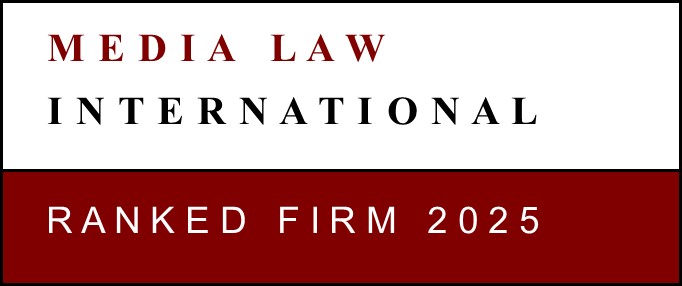By Sorin Strătulă
In the first half of 2014 the Romanian government passed several laws pertaining to healthcare, of which the two most notable refer to the norms governing the application of Directive 2011/24/EU on patients’ rights in cross-border healthcare in the country, along with the conditions for granting healthcare services within the national health insurance system for the years 2014-2015.
Legal framework for cross-border healthcare
Government Decree No. 304/2014 on the approval of the norms pertaining to an application for cross-border healthcare was published in the Official Gazette of Romania No. 318/30 April 2014. The Decree was issued with regard to the application and interpretation of article 874 of Healthcare Reform Law No. 95/2006, which states the principle behind the reimbursement of cross-border healthcare costs by the National Health Insurance House (CNAS).
The Decree regulates the medical services which must be subject to previous authorisation, the authorisation conditions/criteria which must be met for this purpose and the response time for authorisation applications. It also stipulates the methodology of cost reimbursements pertaining to healthcare services provided abroad, along with their level.
The categories of healthcare services which require previous authorisation include PET-CT services in an outpatient regime, those medical services which require continuous hospitalisation (for more than 24 hours), certain kinds of treatments (such as implants and the replacement of cardiac devices, birth, etc.), along with certain kinds of medical drugs for which special approval of the expert committees of the CNAS is required (this authorises PET-CT services also).
Valid Healthcare packages
Government Decree No. 400/2014 pertaining to the approval of the service packages and of the framework agreement which regulates the conditions for granting healthcare services to both insured persons and non-insured persons within the national health insurance system for the years 2014-2015 (hereinafter referred to as the “framework agreement”) was published in the Official Gazette of Romania No. 366/19 May 2014 and came into force on 1 June 2014.
The Decree establishes the medical services packages which are offered and guaranteed to insured and/or to non-insured persons, along with the conditions for the granting of such services. As such, the basic healthcare package is devoted to insured persons who pay the public health contribution, and the minimum medical services package is for non-insured persons. The minimum package includes only a few services, which are related to medical emergencies, pregnancy, immunisations and vaccinations. However, the basic package contains many other services in addition to the minimum and is devoted to all persons who are insured as part of the public health system.
Insured persons have the right to medical care from family physicians, who are obliged to offer them the so-called “support services”, such as the issuance of documents: e.g., medical leave notes, medical prescriptions, notes of reference to various medical specialists, death certificates, medical exemptions for children in cases of illness, medical notes for children re-entering kindergarten, school, etc.
In addition, insured persons have the right to free blood analyses and a number of examinations determined by the Decree. All insured persons also have the right to access certain dental medicine services, in accordance with the Decree.
According to the framework agreement, medical drugs may be prescribed for the following periods, depending on the kind of injury:
- Between 3 and 7 days for acute injuries,
- Between 8 and 10 days for sub-acute injuries,
- Between 30 and 31 days for chronic injuries.
Infants of one year or younger benefit from for medical drugs, without quantitative or value ceilings, in accordance with the framework agreement (in their case the treatment is paid for by the National Unique Fund for Health Social Insurance).
In addition, the framework agreement regulates the conditions under which the medical services providers (primary medical assistance, outpatient specialist medical assistance, dental medical assistance, hospital medical services, home medical care, drugs, medical devices, etc.) can enter into contractual relationships with the local social insurance health houses (in terms of eligibility conditions, required documentation, rights and obligations, the nature of payment with regard to the medical services provided, sanctions and ways of terminating contracts).
Article first published in Central Europe Pharma News.






